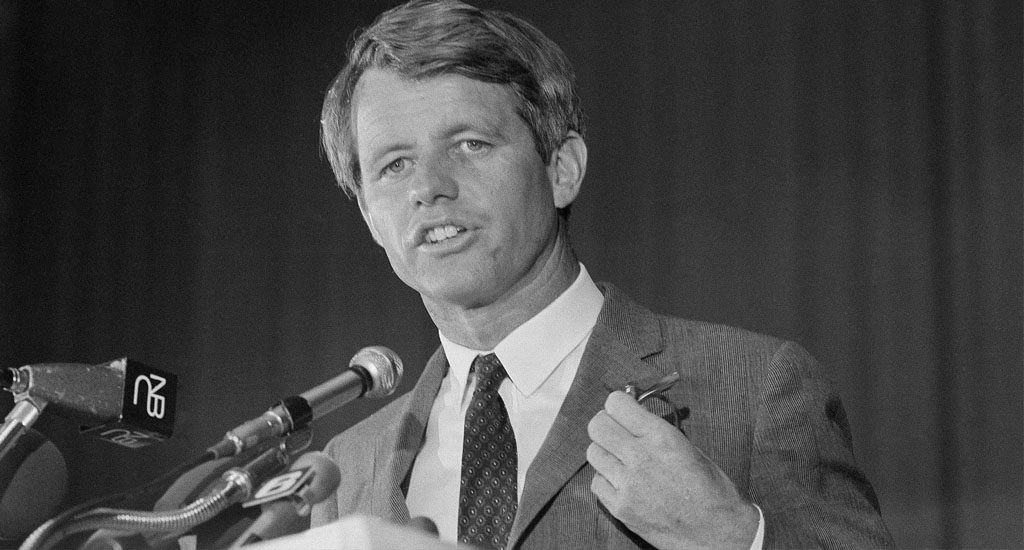Today’s editorial from the Roanoke Times offers some food for thought about the cyclical nature of history:
2018 comes 100 years after 1918 and 50 years after 1968, only two of the most significant years in history — and ones that still shape the world we’re living in today.
1918 saw the end of what was then simply called The World War. That end wasn’t really an end, of course. It was simply a pause and re-grouping for another, even more terrible world war. This would be a good year to take a drive up to Staunton to visit the Woodrow Wilson Presidential Library and Museum, formerly known as the Wilson Birthplace. Wilson wasn’t in Virginia long, but this son of Staunton set in motion events that we’re still dealing with.
1968 is now a half-century in our rear-view mirror yet seems a lot closer.
What follows is a litany of earth-shattering events that defined 1968 — still a memory for some, but for most of us under the age of 50 mere history.
The general theme of the editorial is that we are still living in the world 1968 created. To a large extent, this is true culturally. In others respects, we are living in a post-war world that 1945 created; a culture war that 1973’s Roe v. Wade created; a post-Cold War world that 1989 and 1991 created; an America that 2001 created.
That last point — a post-9/11 culture — is the perhaps the most resonant. Identity politics? Started when folks a shade too brown or a beard too bushy entered an airport. Direct action? The 1999 WTO protests in the now-infamous “Battle of Seattle” inspired a generation that turned the anti-Iraq war protests into the BLM/Antifa movement you see today. Nationalism and the alt-right? Mainstreamed themselves after the 2004 Bush election welded populism to conservatism. Progressives? Forged by the Wellstone Initiative after the disastrous 2004 elections.
One remembers when bright-eyed college freshmen were tisked at for having no memory of a Soviet Union, much less being born when the Soviets existed. That would have been 2009. Much of the Cold War is treated as a footnote today, despite the high risks and tensions of the era. For many, the Cold War is becoming history, not memory.
Are the lessons being passed forward?
This 2018 will be the last year of pre-9/11 college freshmen… to them, a world where family met you at the terminal, where metal detectors were an anomaly, when Big Data sounded positively East German, and information came at the speed of dial-up seems anachronistic — perhaps even naive.
All defeated by the smartphone.
Progress isn’t always progress. Cynics — or that middling sort of human being that seems to refute everything with one witticism — might retort that life today is far better than life in 1918 and 1968, given all of our technological and social progress. Yet the response to this is very easy: all of these technological and social changes came gradually, as culture is an incremental process. When forced, that is when social change begets new social ills — a mere power structure, not an advancement.
Certainly one would not be able to point back to 1868 or 1816 as great epochs of Western history, and for good reason — technology grows exponentially; culture grows incrementally. As our technological progress continues to outpace the culture, so too will the friction of these changes attack the fabric of society. Aristotle’s polis is not only discovering that individuals can indeed be self-sufficient, but are doing it through techne — a path of employment which Aristotle found to be soulless and debasing — as opposed to episteme: not raw technology, but technology applied to a higher and better use.
Millennials, in that regard, have a very long way to go… not that they learned anything from their Generation X older brothers and sisters on how to refine technology towards better culture (or their Baby Boomer forebearers, for that matter).
Whether we are on the verge of another 1968 is altogether speculative. Will it be as violent a social upheaval as 1968? Depends on how seriously we take passing forward the torch of Western civilization to others.
